The closest event in which the world has come to nuclear war is without a doubt the Cuban Missile Crisis during the Cold War. The roots of this conflict between the United States, Cuba, and the Soviet Union started in December of 1960 over the political system known as communism. Under the power of Fidel Castro, Cuba’s newly revolutionized communist government adopted the policies of the Soviet Union, causing the US to cut off any diplomatic support or relation to the country. Americans were still afraid of the Soviet expansion of Stalinism and for a Latin American country to openly ally with the USSR was not acceptable because it violated the Monroe Doctrine, a US policy that European powers shouldn’t interfere with matters in the Western Hemisphere.
President John F. Kennedy announced the US would not interfere militarily to attempt to overthrow Castro, but a week later on April 17, 1961 the Bay of Pigs rebellion was launched. A group of exiled Cubans invaded the country at the Bay, trying to start an anti-Castro revolt. They failed and over a thousand of the rebels were captured by Castro’s forces. When the media heard about this, Kennedy is embarrassed by the half-hearted attempt and Castro announces that any sort of US attack on Cuba would be equal to starting a world war. Leader of the USSR, Nikita Khrushev, knew how important holding down Cuba was for the sake of spreading communism, especially in Latin America. He had secretly decided to move the equipment, supplies, and personnel needed for the beginning of missile site in Cuba, during Fall of 1962. The workers and supplies are disguised as civilians on cruise ships. Before taking action, Kennedy orders a U-2 reconnaissance flight over western Cuba. Photographs of the discovered missile sites are hard evidence that Soviets have missiles in Cuba. This marks the beginning of the crisis, on October 14, 1962. The day after, a team at the Nation Photographic Intelligence Center analyzes the photos and confirms that the objects are MRBM (medium range ballistic missile) components. McGeorge Bundy, the National Security advisor decided to inform the president the next day. Kennedy assembles a crisis team know as EX-COMM and they discuss possible militaristic options. They urge the president for an air strike to take out the missiles but instead he orders another U-2 reconnaissance flight that confirms there are intermediate range (IRBMs) SS-5 nuclear missiles. On the 18th, Kennedy and Soviet PM of foreign affairs, Andrei Gromyko, meet for several hours and he tells the president that the USSR is only aided Cuba in its “defensive capabilities.” During the crisis, Kennedy is stuck with the added pressure of going to all of his campaign speeches but on the 20th he cancels the rest of his campaign trip because of an “upper-respiratory infection.” He is told by General Taylor that an air strike will not guarantee destruction of the missiles so he decides on a quarantine of Cuba instead. Kennedy then addresses the US with a televised speech of the missiles in Cuba. On the 23rd, he orders Crusader jets to fly another reconnaissance mission and by the end of the day US ships were in position in quarantine, 800 miles off Cuba. Kennedy also gets a letter from Khrushchev that comments, “a serious threat to peace and security of peoples.” So the president decides to give Khrushchev more time and pulls back the quarantine line. The next day, US forces go to DEFCON 2 readiness, the highest ever in history. This is just below maximum readiness for an expected attack on US territory. On the 25th, Kennedy replies to Khrushchev stating the responsibility of the crisis is on the Soviet Union and EX-COMM discusses a proposal to remove the US missiles from Turkey in exchange for removing Soviet missiles in Cuba. The next day Khrushchev sends another letter to Kennedy offering to get rid of his missiles if the US would publicly announce to never invade Cuba. On the 27th, the height of the crisis, Khrushchev sends a new letter agreeing to the removal of missiles exchange. Although before Kennedy responds, an American U-2 is shot down over Cuba. The pilot, Major Rudolf Anderson gets killed. After meeting with Soviet ambassador, Anatoly Dobrynin, President Kennedy writes Khrushchev saying that he will make a statement that the US will not invade Cuba if he removes all the missiles from Cuba. The next day, October 28, 1962, Khrushchev agrees to the terms and announces over radio in Moscow that he agreed to take the missiles out of Cuba and the crisis was averted.
But after the closest event of a nuclear war the world has ever seen, people ask, who was responsible for preventing it? And who was a better leader throughout it? It is obvious that the Soviets were trying to get their point of communism across to the world, but it was the most radical way possible and could have ended horribly. President Kennedy showed some of the best leadership skills the US has ever seen. After failing in the beginning with the Bay of Pigs invasion, he redeemed himself by doing all the right things during the 14 days at the height of the crisis. The reconnaissance flights were the best way of getting photographic evidence of the weapons and the president took the most peaceful and least confronting ways to avoid war. The Soviets thought he would be indecisive and “too weak and intelligent” to defend his country, but in the end it paid off. If Kennedy had decided to invade Cuba, US forces would have been outnumbered because they had underestimated the number of Soviet/Cuban soldiers. By using nonviolent tactics like quarantines, embargos, and reconnaissance, the president was able to single-handedly dodge a world war, all while trying to balance a campaign for re-election. Nikita Khrushchev on the other hand, was removed from power by his party colleagues in 1964, being replaced by Leonid Brezhnev. They thought he was not strong and decisive enough because during the crisis, he often spoke through his advisors, not wanting to meet up with the president. The letters were their only communication. Also it was not clear whether Khrushchev was set on going to war with the US or if he was just trying to be bold and make an example. Therefore, Kennedy is seen as the hero who stopped a nuclear war, and Khrushchev is seen as the one trying to start a massacre of millions of people.
Wednesday, April 28, 2010
Cuban Missile Crisis
Subscribe to:
Post Comments (Atom)










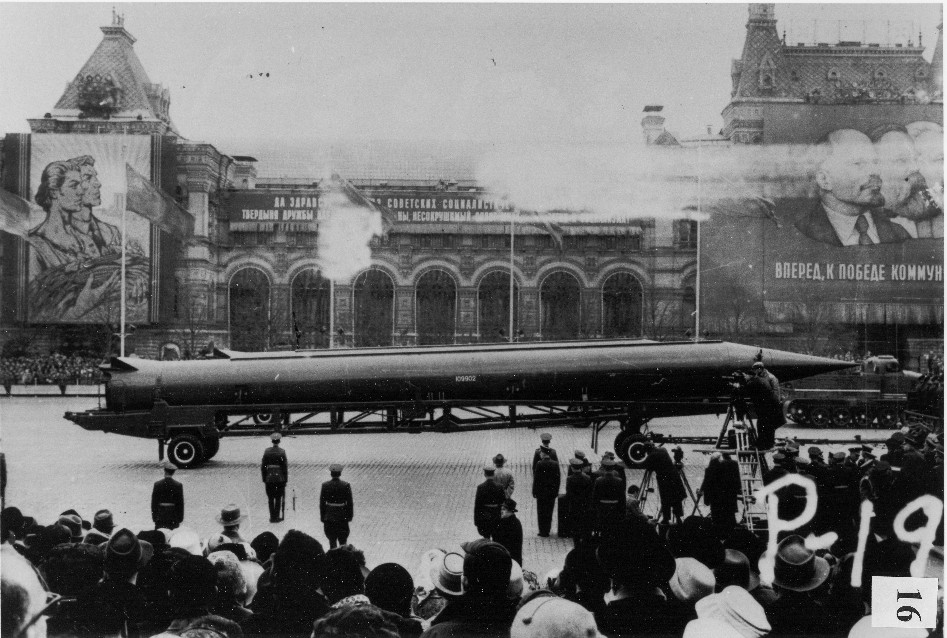





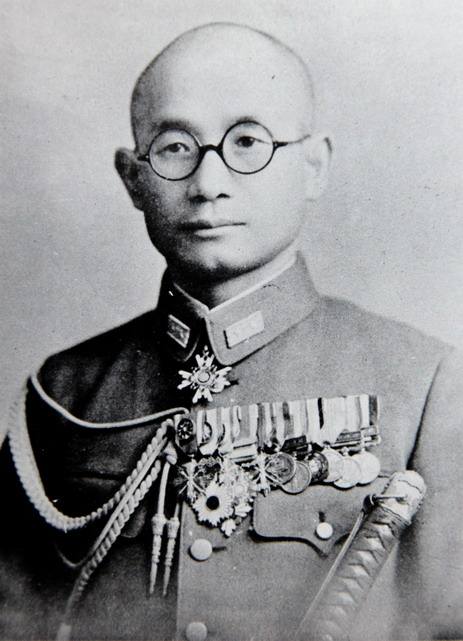
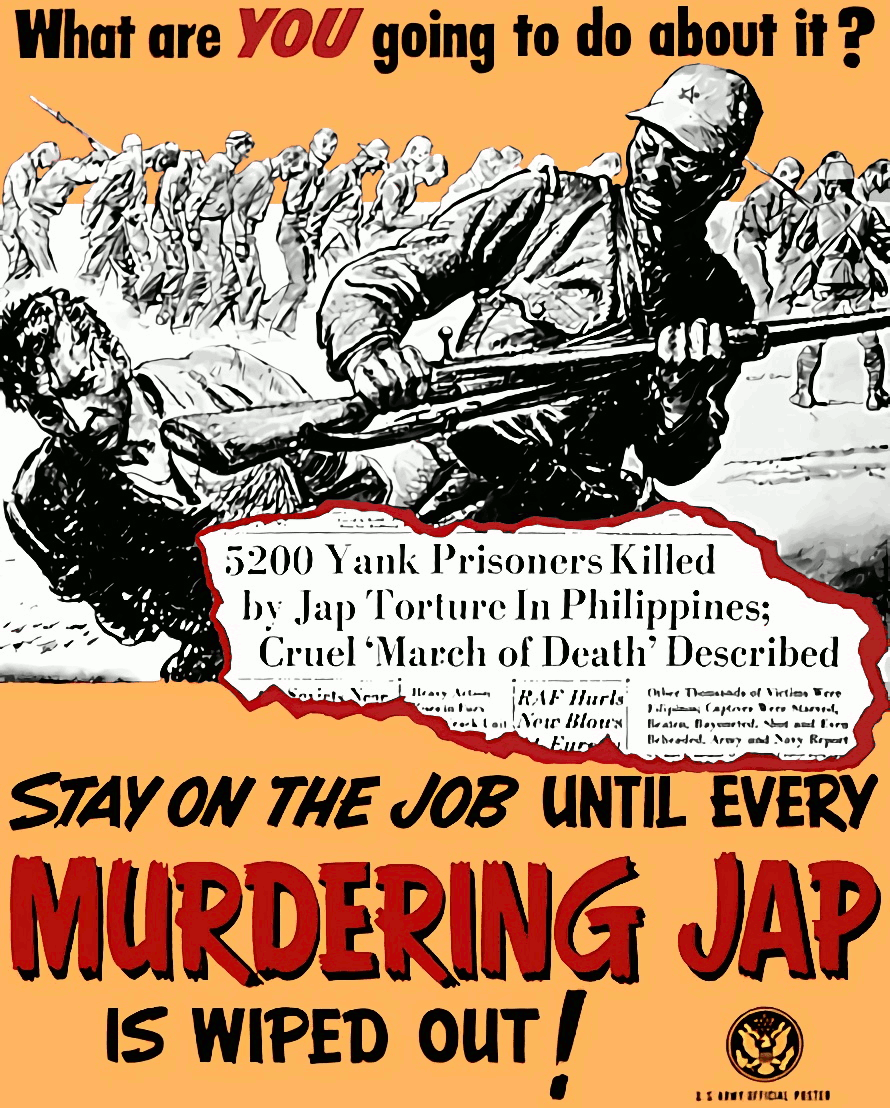
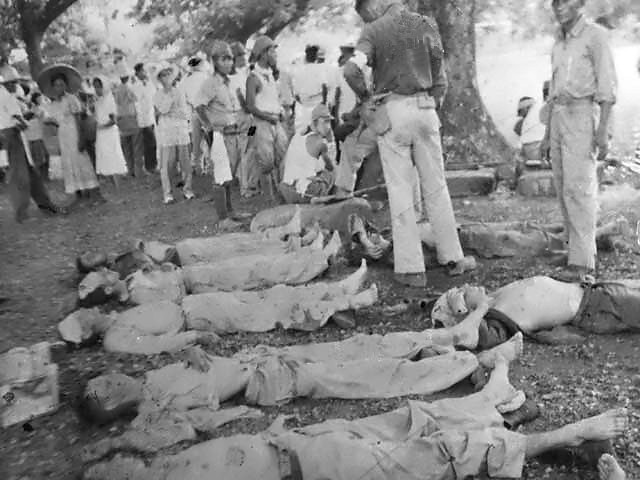



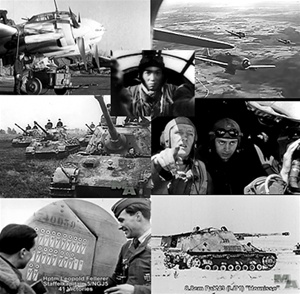



I don't agree with your last statement because it is unfair to the people in favor of communism. I personally think Kennedy is a hero, but don't you think that the Soviets or Cubans would look at Kennedy as the one trying to start a war and Khrushchev as the hero. I think it is the perspective of how a person sees others and where the person is from.
ReplyDeleteKennedy's "saftey first" decisions were very intelligent. Other egotistical leaders may have respondid violently to a threat on their country. He was a smart president who thought of his citizens first. A hero indeed.
ReplyDeleteOnce the United states discovered a missile why didnt they spark a war and destroy the missile?
ReplyDeleteThe US did not want to start a war with a super power like the Soviet Union, especially when dealing with nuclear weapons. Kennedy wanted to solve the problem in the least violent way possible.
ReplyDeleteShane, the reason I believe Kennedy was a hero is because Khruschev was trying to spread communism through power and weapons, like a military dictator. Kennedy wanted peace throughout.
ReplyDelete